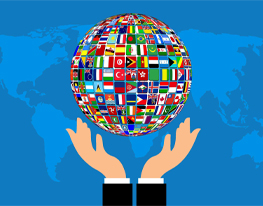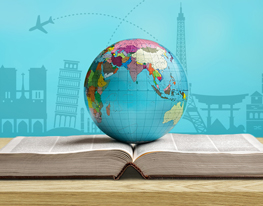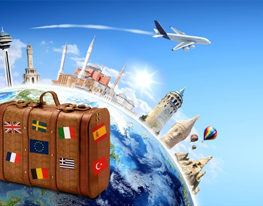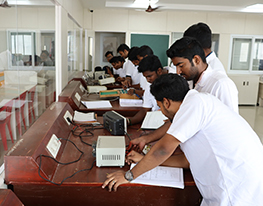India stands out as a nation of remarkable diversity and rich heritage, with unique characteristics that set it apart on the global stage. The following ten key facts further illustrate why India is not just a unique country, but also one of the greatest in the world:
Historical Wealth and Global Attraction:
India was among the wealthiest nations until the early 17th century, drawing explorers like Christopher Columbus, who, in pursuit of India’s riches, inadvertently discovered America.
Peaceful Legacy:
Throughout its 100,000 years of recorded history, India has never invaded another country, underscoring its long-standing commitment to peace.
Pilgrimage Powerhouses:
The Tirupati Balaji Temple and Kashi Vishwanath Temple together attract more visitors than the Vatican City and Mecca combined, making them some of the most frequented religious sites in the world.
Cultural Diversity in Faith:
India is home to over 300,000 mosques, more than any other nation, reflecting its rich Islamic heritage within a secular framework.
Linguistic Richness:
Besides Hindi, more than 25 million Indians speak each of the following languages: Bengali, Telugu, Marathi, Tamil, Urdu, Gujarati, Kannada, Malayalam, Odia, and Punjabi. This linguistic diversity highlights the country’s rich cultural tapestry.
Educational Excellence:
The City Montessori School in Lucknow, with over 45,000 students, holds the distinction of being the world’s largest school by enrollment, emphasizing India’s commitment to education.
Democratic Powerhouse:
In the 2014 General Election, more than 540 million people cast their votes—a number greater than the combined populations of the USA, UK, Australia, and Japan, showcasing the strength of India’s democracy.
Unique Cultural Practices:
In the village of Shani Shingnapur, Maharashtra, residents live in homes without doors, believing that divine protection from the deity Shani negates the need for security. This tradition reflects India’s deep spiritual beliefs.
Celebration and Tradition:
Indians collectively spend approximately Rs. 3,000 crore annually on fireworks during Diwali, underscoring the cultural significance and scale of this festival.
Biodiversity Hotspot:
India boasts an extraordinary variety of life forms, with nearly 90,000 species of animals, including over 350 mammals, 1,200 bird species, and 50,000 plant species, positioning it as one of the world’s most biodiverse regions.
These facts, along with the cultural, religious, and natural diversity found across its 29 states and 7 Union Territories, contribute to India’s identity as a country of unity in diversity. This inherent diversity, combined with its rich history, democratic strength, and cultural depth, makes India not just unique, but one of the greatest nations in the world.

















 ICAAMT 2024
ICAAMT 2024
